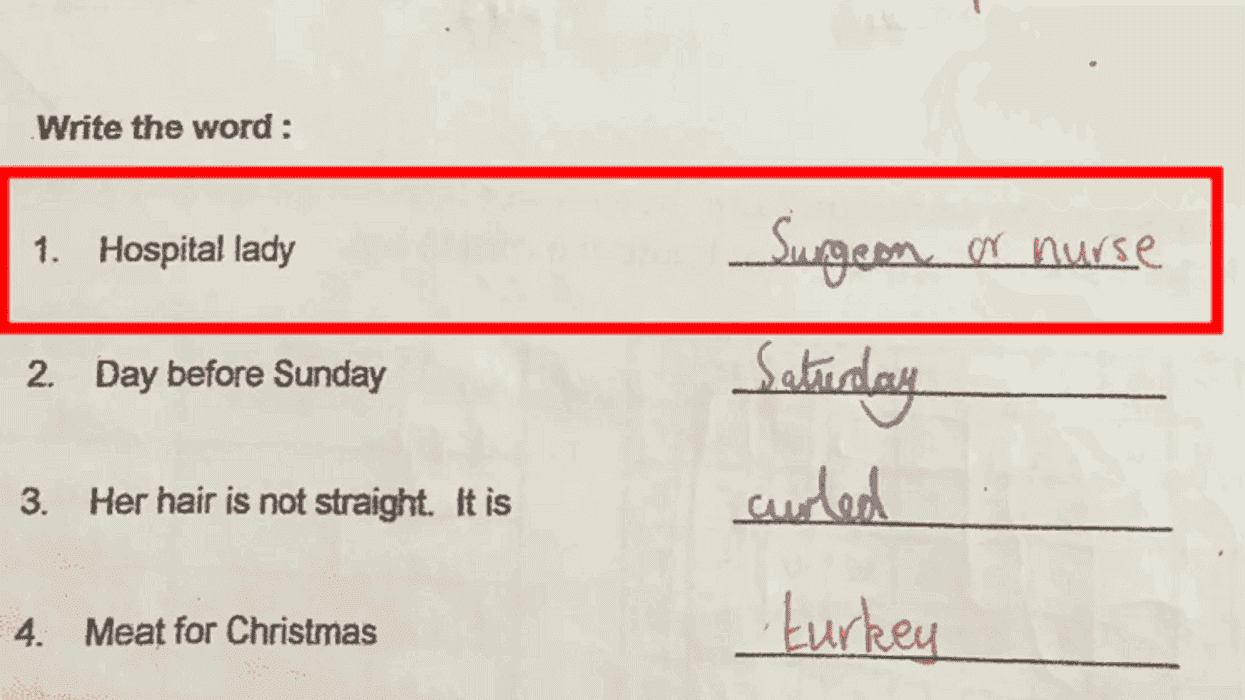Georgia's first day of in-person early voting Monday was marred by excessive wait times, as the combination of high turnout and technical difficulties resulted in long lines and possible health risks—a situation that voting rights advocates described as an example of intense voter engagement and excitement being undermined by a troubling system of voter suppression.
According to the Atlanta Journal-Constitution (AJC), "voters wrapped around buildings... even before polling places opened."
All registered voters in the state are eligible to vote prior to November 3, and early voters may cast a ballot at any polling station located in their county.
The AJC noted that "in-person early voters will join the 439,000 Georgia voters who have already returned their absentee ballots," adding that "by the time Election Day finally arrives, over two-thirds of the state's 5 million projected turnout will have already voted."
While this year's added flexibility is meant to encourage participation amid the coronavirus pandemic, election officials explained that "their goal is to keep lines moving and avoid problems" that occurred during Georgia's primary election on June 9, when voters in some areas experienced wait times of several hours.
Early evidence indicates that officials are not meeting their stated objective.
The Washington Post reported that "voters waited in line for up to five hours across the metro Atlanta region and surrounding suburbs."
"This is a picture of voter suppression," tweeted Claire McCaskill, a former senator from Missouri and current NBC News and MSNBC analyst. "Why do Americans have to wait in lines this long?"
At State Farm Arena, Georgia's largest early voting site, there was "a glitch with voter check-in computers" that caused lines to stop "after voters received an 'invalid card' error when inserting green voter access cards into touchscreens," the AJC reported.
AP News reported Monday that a federal judge on Sunday had expressed "serious concerns about Georgia's new election system but declined to order the state to abandon its touchscreen voting machines in favor of hand-marked paper ballots."
Adrienne Crowley, who waited an hour and a half to vote at the arena told the Atlanta city newspaper that "it was a little frustrating," but added that she would have waited "all day if I had to."
"It's a positive and a negative," Smyrna resident Danielle Driscoll told the AJC, referring to a line that had come to a 15-minute standstill outside the South Cobb Regional Library.
"It's a positive because people are voting," Driscoll said, "but it's a negative because I don't want to wait in line."
Brendan Nyhan, a political scientist at Dartmouth, argued on social media that "we're becoming desensitized to unacceptable burdens on the franchise."
"People died for this right," Nyhan added. It "shouldn't take hours to participate in our democracy."
Voting rights expert Ari Berman tweeted that it's "great to see so many people excited about voting."
"But it's unacceptable to make them wait so long," he added.
Journalist Molly Jong-Fast stated that "this is so incredibly unfair. Voting should be easy."
This article was originally published by Common Dreams. You can read it here.
















 A woman scrolls through a dating appCanva
A woman scrolls through a dating appCanva
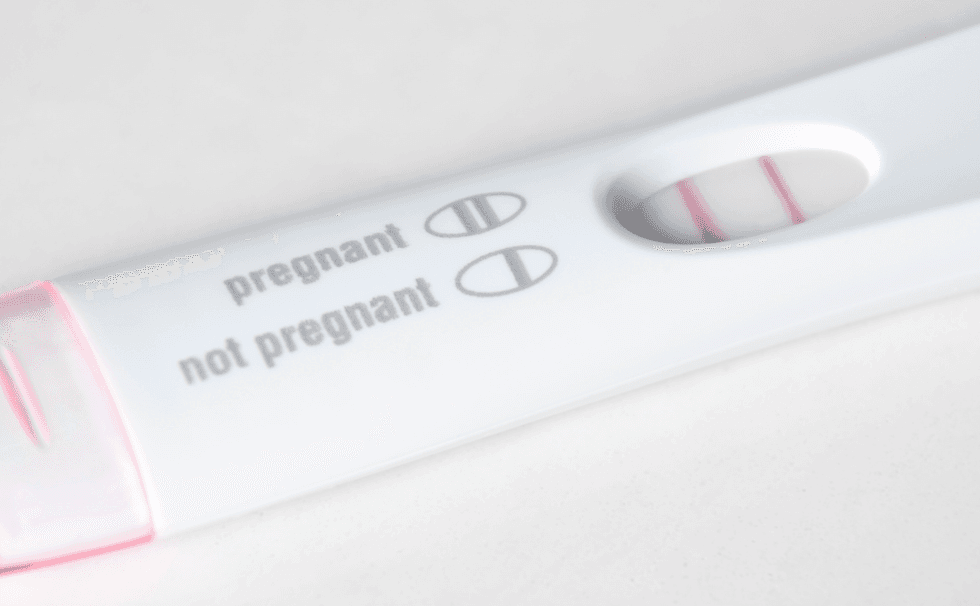 A home pregnancy test Canva
A home pregnancy test Canva
 Openly choosing the one you like best can help break down stigmas.
Openly choosing the one you like best can help break down stigmas.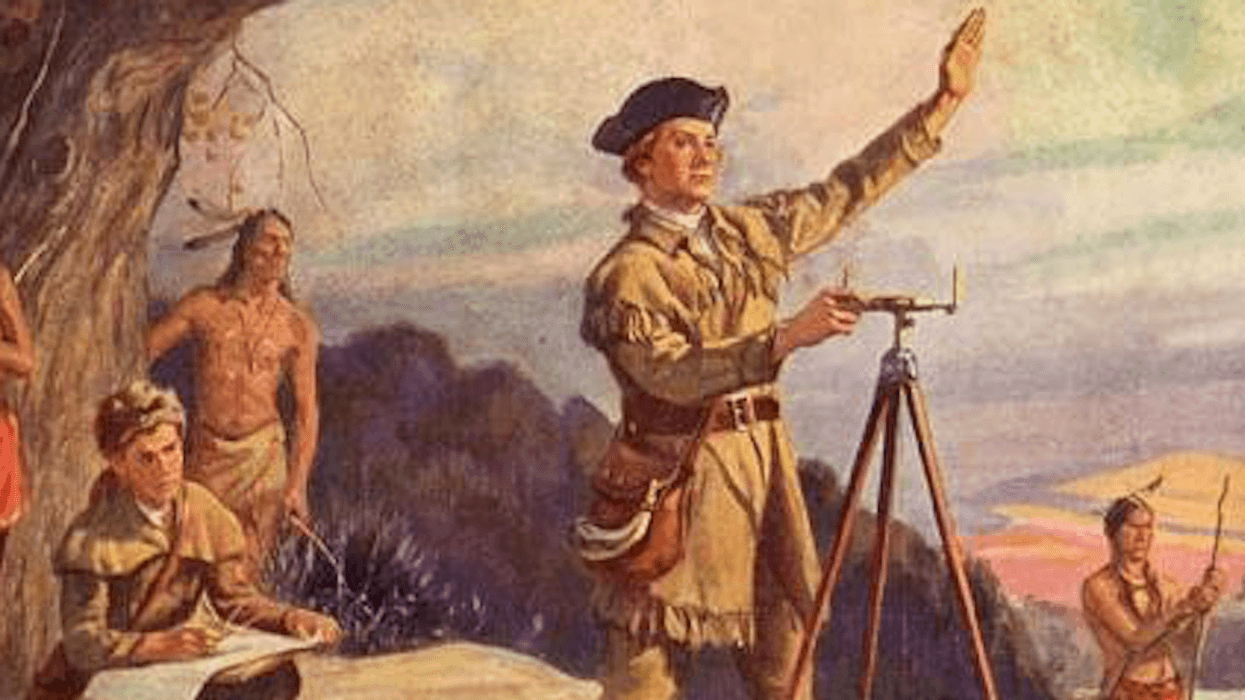
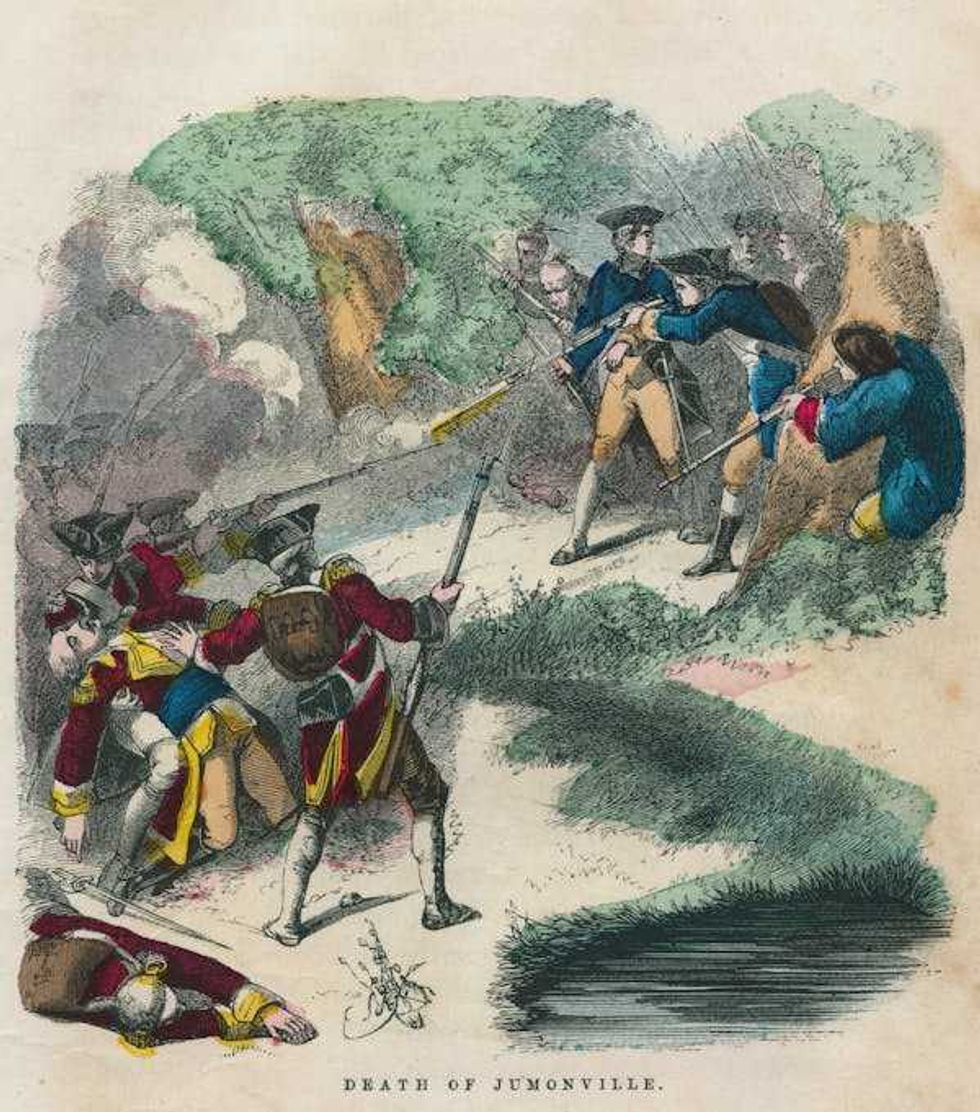 The Jumonville affair became the opening battle of the French and Indian War.
The Jumonville affair became the opening battle of the French and Indian War.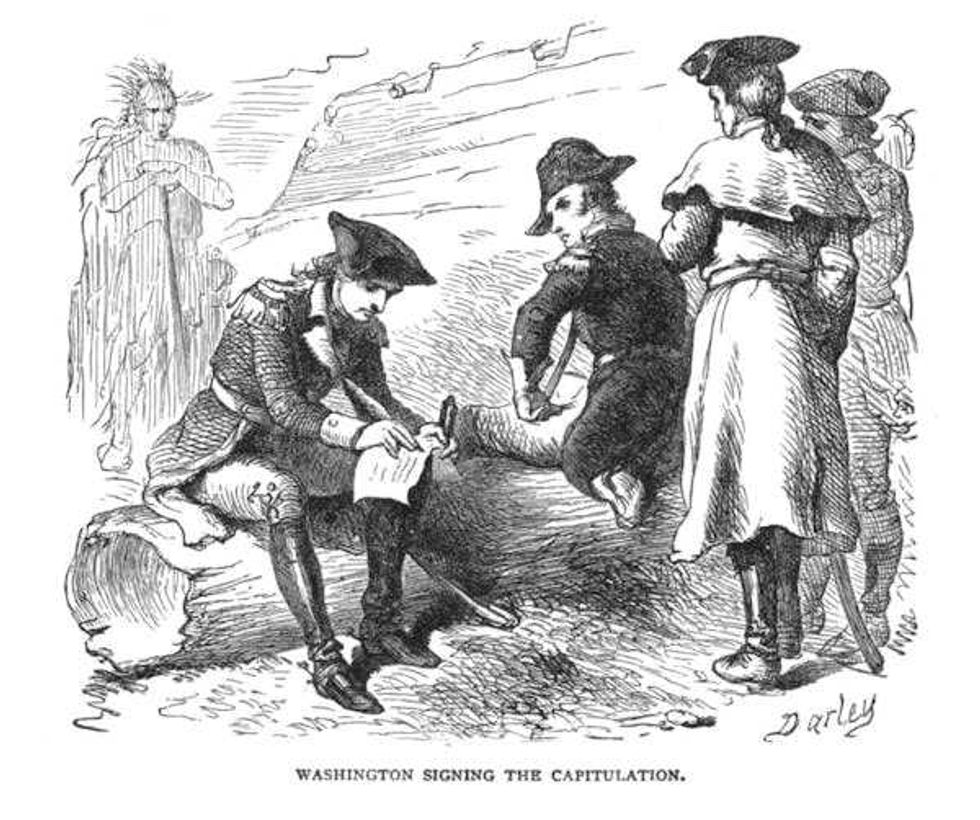 Washington was outnumbered and outmaneuvered at Fort Necessity.
Washington was outnumbered and outmaneuvered at Fort Necessity. A log cabin used to protect the perishable supplies still stands at Fort Necessity today.
A log cabin used to protect the perishable supplies still stands at Fort Necessity today.

 A young woman scrolling on her phoneCanva
A young woman scrolling on her phoneCanva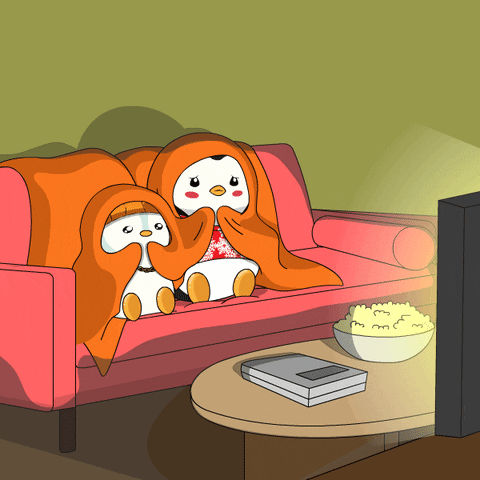 Gig of two cartoon penguins watching TV via
Gig of two cartoon penguins watching TV via  Gif of a storm trooper flipping through sings that say 'no' via
Gif of a storm trooper flipping through sings that say 'no' via 